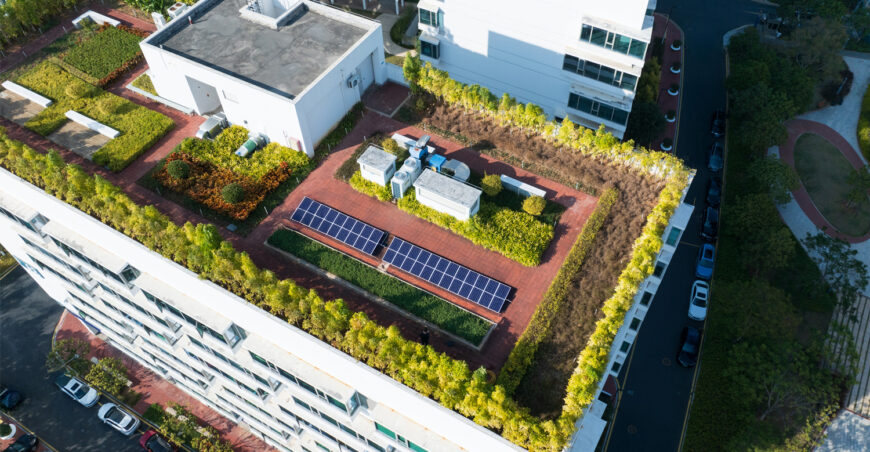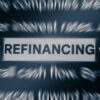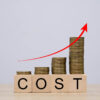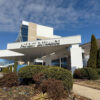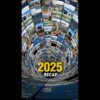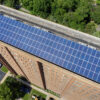Sustainability certifications have moved beyond buzzword status in the commercial real estate world. Today, it’s a measurable, strategic pillar in how properties are built, marketed, and valued. Developers, investors, and tenants are increasingly aligning their goals with green building standards, driven by a mix of environmental awareness, tenant demand, and long-term cost savings.
At the heart of this movement are sustainability certifications like LEED, WELL, ENERGY STAR, and Fitwel. These programs are shaping the future of development, not just in design and construction, but also in how properties perform, attract occupants, and maintain value over time.
Why Sustainability Certifications Matter
Green building certifications offer more than bragging rights. They provide third-party validation that a building meets specific environmental and performance criteria. For developers, these certifications offer a competitive edge. For tenants, they deliver confidence. And for investors, they signal operational efficiency and reduced risk.
In fact, buildings with sustainability credentials often benefit from:
• Higher rental rates and occupancy
• Reduced utility and maintenance costs
• Better tenant satisfaction and retention
• Favorable financing terms
• Enhanced long-term asset value
Let’s explore how the major certification programs are influencing new development today.
LEED: Building for the Future
LEED (Leadership in Energy and Environmental Design), developed by the U.S. Green Building Council, remains the gold standard in sustainable construction. LEED evaluates building performance across categories like energy use, water conservation, materials, and indoor environmental quality.
For new developments, aiming for LEED certification often starts at the conceptual stage. Architects and engineers must coordinate energy modeling, material sourcing, and site planning to meet the criteria. Though upfront costs can be higher, LEED-certified properties often enjoy lower operating expenses and premium valuation on the backend.
WELL: Designing for Health
While LEED focuses on the planet, WELL places people at the center. This certification, developed by the International WELL Building Institute, is all about occupant health and wellness. It evaluates buildings on factors like air and water quality, lighting, nutrition, fitness access, and mental health support.
Incorporating WELL principles into new developments can lead to healthier, more productive environments—particularly appealing for medical, office, and senior living facilities. Nowadays, WELL has gained even more traction as businesses look for ways to create safer, healthier workspaces.
ENERGY STAR: Operational Excellence
Unlike LEED and WELL, which often begin during design, ENERGY STAR evaluates how a building actually performs in use. Administered by the EPA, ENERGY STAR compares a building’s energy use to similar properties nationwide. A score of 75 or higher earns certification.
For developers, especially those focused on long-term holds or institutional sales, ENERGY STAR demonstrates operational efficiency. It can be a key factor in tenant decision-making and is a critical element in jurisdictions with benchmarking and disclosure requirements.
Fitwel: Health and Flexibility
Fitwel is gaining popularity for its practical, flexible approach to wellness certification. Created by the CDC and GSA, Fitwel promotes health through evidence-based design strategies, often requiring less investment than WELL or LEED. It’s also easier to apply across a variety of property types, from office and multifamily to retail and senior housing.
Fitwel-certified developments appeal to tenants who value wellness but may not require the deeper investment of other programs. It’s a smart option for developers looking to enhance marketability with a health-forward message.
The Developer’s Mindset Is Shifting
Today’s commercial developers are thinking differently. Sustainability is being baked into early decision-making from site selection to building orientation to systems design. Smart tech integration, solar-readiness, EV charging infrastructure, and high-efficiency HVAC systems are no longer rare – they’re expected.
This shift is being driven by a mix of factors:
• Market demand – More tenants and investors are seeking ESG-aligned assets.
• Regulatory changes – Cities and states are adopting stricter building codes and offering incentives for certified projects.
• Long-term cost efficiency – Efficient buildings reduce energy and water use, helping protect margins.
• Brand differentiation – Certifications are a visible, marketable asset that sets a property apart.
In the Southwest, particularly Arizona, these considerations are especially important. With climate changes, rising temperatures, strained water resources, and a growing population, sustainable development isn’t just a smart strategy – it’s essential.
What Sustainability Certifications Means for Medical and Office Developments
In sectors like healthcare, sustainability certifications are playing a crucial role. Medical office buildings are high consumers of energy and water. Implementing green building practices can significantly reduce costs while creating a better experience for patients and staff.
WELL and Fitwel are also highly relevant here, reinforcing trust and promoting a healthy environment factor that increasingly influence provider choices. In Arizona’s booming medical corridor, projects with certifications are becoming more attractive to health systems, physicians, and investors alike.
How ICRE Investment Team Can Help
At ICRE Investment Team, we’re helping clients capitalize on this sustainable evolution. Whether you’re a developer seeking LEED or WELL certification, an investor looking for green-certified assets, or a tenant searching for a high-performance building, we can help you navigate the process and the opportunities.
We stay on top of local code changes, sustainability trends, and certification pathways. Our experience with medical, office, and mixed-use developments means we understand what works and what doesn’t when it comes to green building.
Sustainability is the future of commercial real estate. With the right team, the right strategy, and the right certifications, you can build smarter, attract stronger tenants, and create long-term value.
Let ICRE Investment Team be your trusted partner in developing, leasing, or investing in the next generation of sustainable real estate – contact us today.


